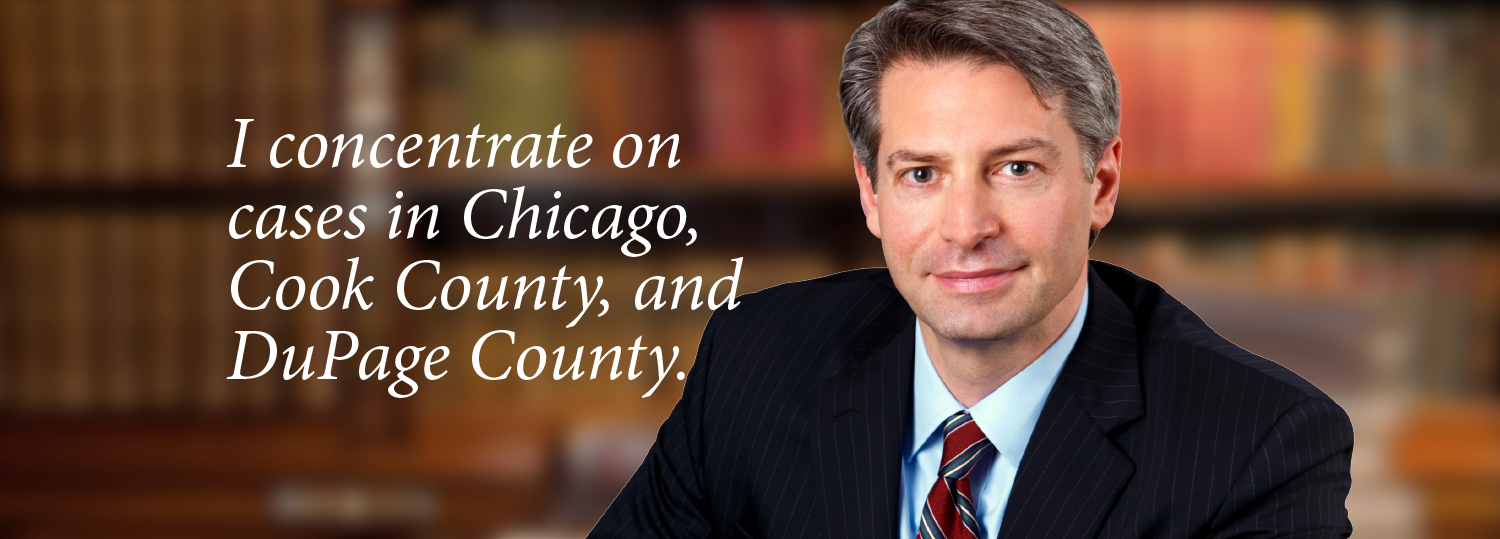DUI
There are 9 statutory factors that can cause a DUI to be charged as a felony DUI (or aggravated DUI). The following is a summary of the most common factors.
If a person has 2 or more prior DUIs, his or her next DUI will be charged as a felony. It is a felony to be under the influence and cause an accident that results in death or great bodily. It is a felony to drive under the influence if the person does not have driving privileges (i.e. never had a license, the license is suspended or revoked). It is a felony to drive under the influence if the person knows he or she does not have insurance.
The penalties for felony or aggravated DUI are severe. If a person blows a .16 BAC the mandatory minimum punishment is 90 days in the county jail and a $2500.00 fine. If a person is found guilty of a fourth DUI he or she cannot be sentenced to probation. The minimum sentence on a fourth DUI is 3 years in the Illinois Department of Corrections. An aggravated DUI involving great bodily harm has a range of sentencing from 1 to 12 years in prison. An aggravated DUI involving death has a sentencing range of 3 to 14 years in prison. An offender convicted of aggravated DUI and sentenced to prison must complete 85% of his sentence before being released on parole.
Driving under the influence is more than driving. Under the DUI statutes, driving means being in actual physical control of any vehicle in Illinois. So a person who is drunk and sleeping in the back seat of a parked car can be charged with DUI.
DUI means more that driving drunk. DUI means driving under the influence of alcohol, drugs, or a combination of both.
Aggravated DUI cases are fought on many grounds.
When defending clients, Levinsohn & Associates make sure that improper evidence is not brought into court. One of the field sobriety tests that police officers administer is only admissible under certain circumstances. The horizontal nystagmus test (HGN) is not admissible unless there is evidence that the officer was properly trained in administering the test and the test is administered according to National Highway Transportation Safety Administration protocol.
It is also possible to file a motion to suppress evidence of intoxication. If the motion is granted the state is prevented from presenting certain evidence to the judge. The state cannot bring in evidence of a person being under the influence if the traffic stop was illegal to begin with. Police offices cannot pull people over without some observation of improper driving. If police video or independent witnesses do not support the officer’s claim of a proper traffic stop, later discovered evidence of intoxication can be suppressed. The officer would not be allowed to testify as to any field sobriety tests that he may have administered.
In addition, if the incident is recorded by squad video and the state does not turn over the video, it is wise for an attorney to obtain the officer’s testimony regarding intoxication suppressed. Once again, the officer would not be allowed to testify as to any field sobriety tests he may have given you.
Investigating a case in important. Speaking to witnesses who saw the accused during or just prior to the DUI arrest is important to establishing the accused was not drunk. This testimony is the best way to blunt the impact of a police officer’s testimony as to field sobriety tests. Testimony regarding field sobriety tests is less damaging to the case if there is defense evidence showing sobriety.
If you have wrongfully been charged with a DUI in Chicago, contact Levinsohn & Associates today.
